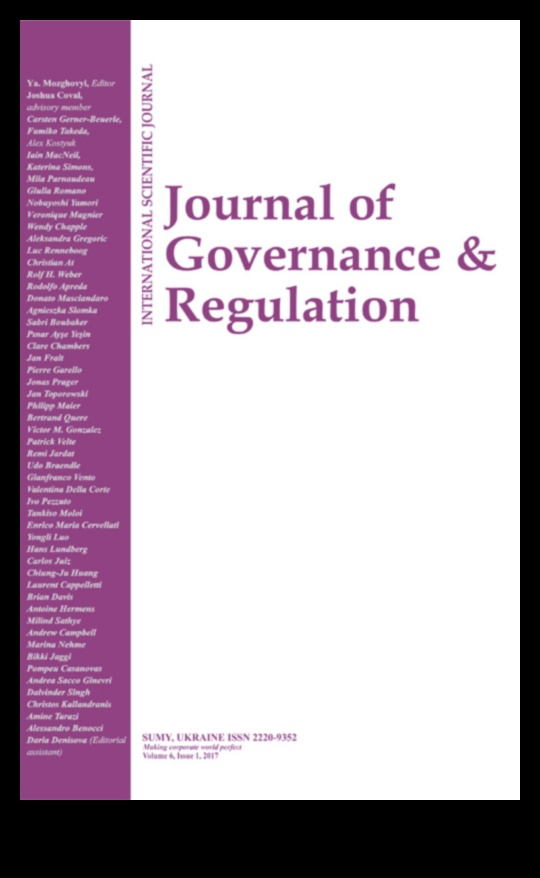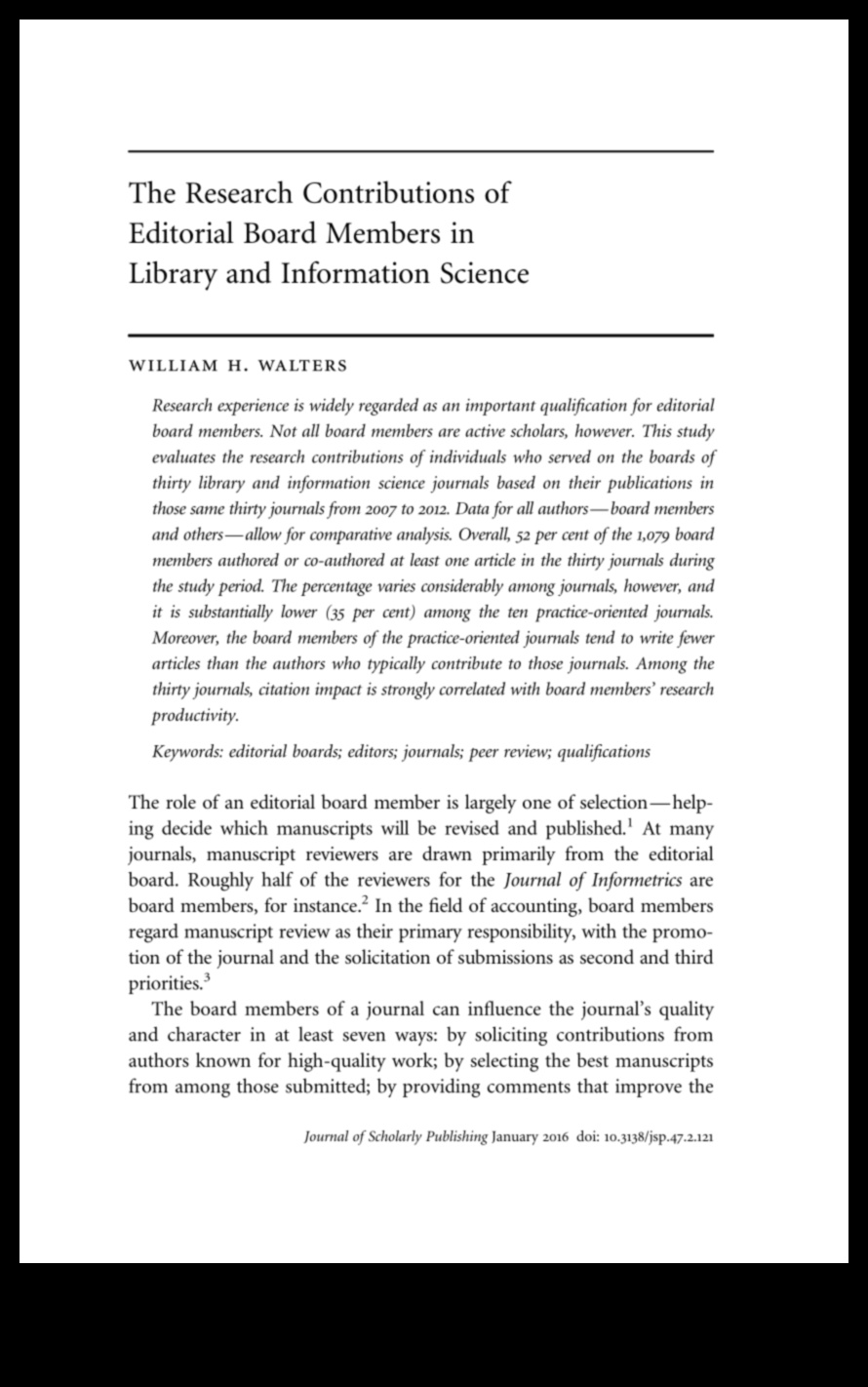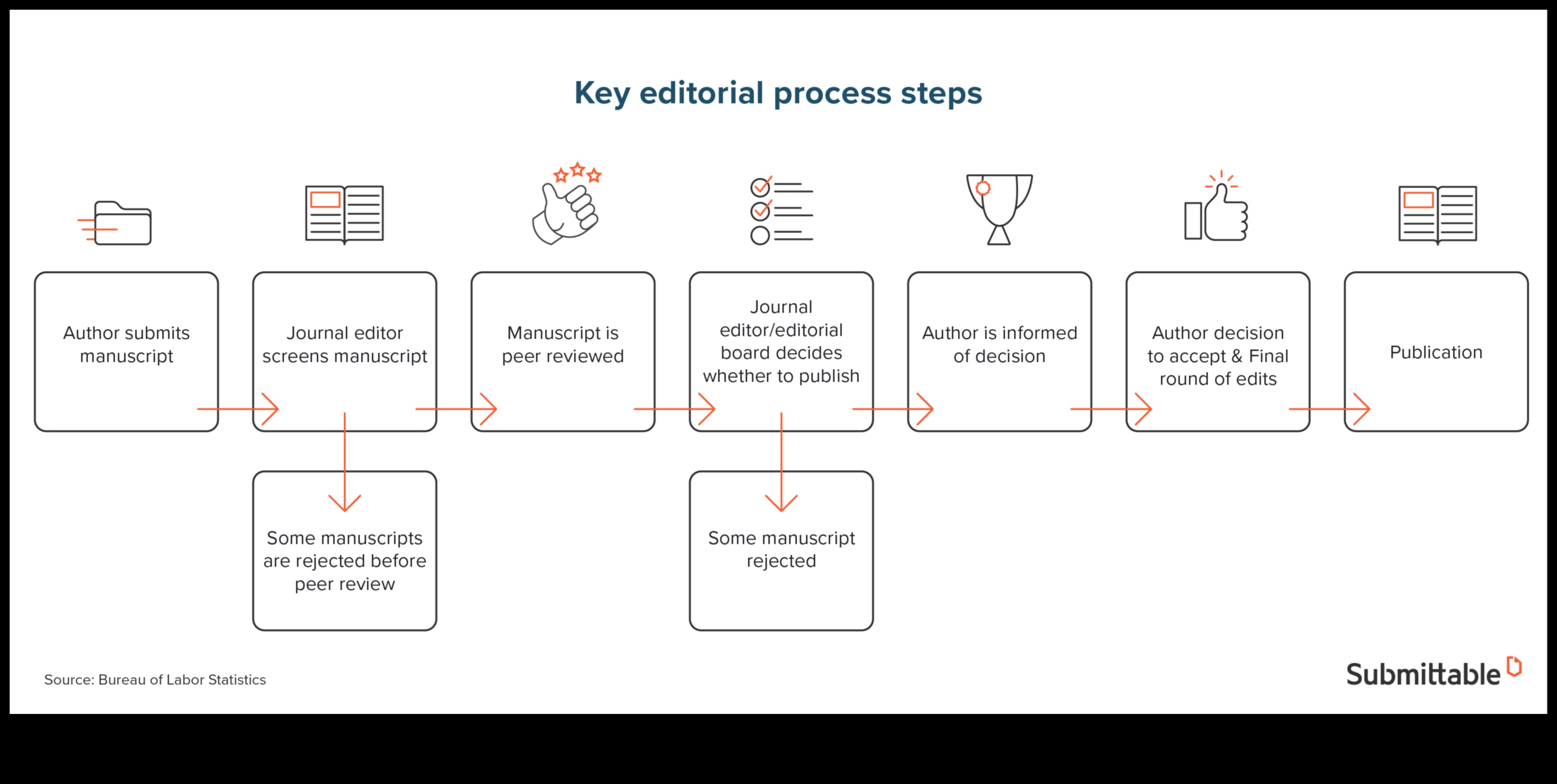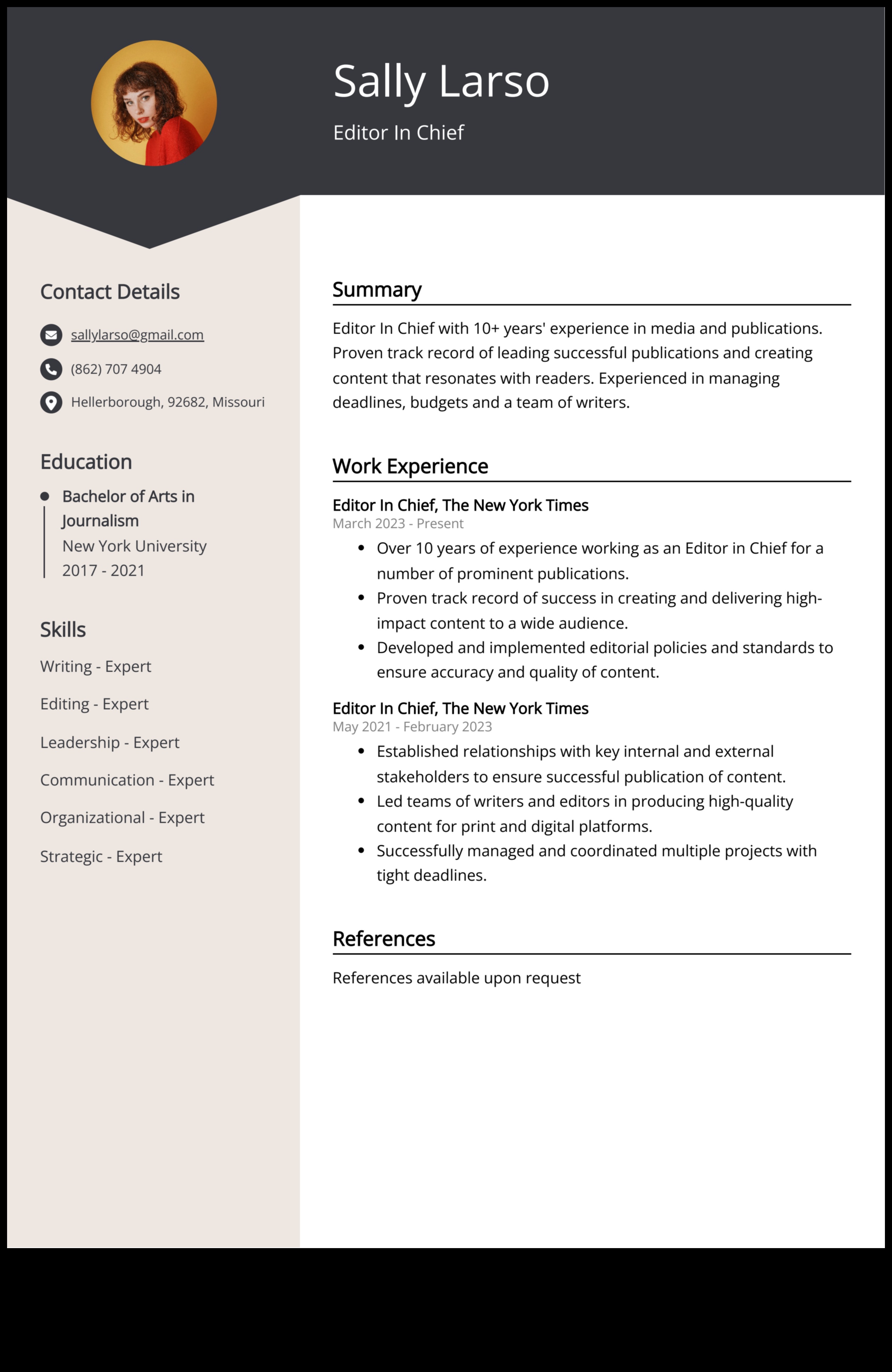
What is an Editorial Board?
An editorial board is a group of people who are responsible for the overall content of a publication, such as a newspaper, magazine, or website. The editorial board typically consists of editors, writers, and other professionals who have expertise in the publication’s field.
The editorial board is responsible for setting the publication’s editorial policy, which outlines the publication’s mission, values, and goals. The editorial board also reviews and approves all content before it is published, and it may also write editorials and other opinion pieces.
The editorial board plays a vital role in ensuring that a publication is fair, accurate, and impartial. The board’s members are responsible for representing the interests of the publication’s readers and for ensuring that the publication’s content is in line with its mission and values.
In addition to their role in setting the publication’s editorial policy and approving content, the editorial board may also be involved in other aspects of the publication’s operations, such as hiring and firing staff, and developing new content strategies.
| Topic | Features |
|---|---|
| Editorial Board Role | – Oversees the content of the publication |
| Responsibilities of an Editorial Board Member | – Read and evaluate submissions |
| How to Become an Editorial Board Member | – Have a strong understanding of the publication’s mission |
| Benefits of Being an Editorial Board Member | – Chance to shape the content of the publication |

II. Responsibilities of an Editorial Board Member
The responsibilities of an editorial board member vary depending on the specific board and its publication. However, some common responsibilities include:
- Reviewing and selecting submissions for publication
- Providing feedback to authors on their submissions
- Writing editorials and other opinion pieces
- Promoting the publication and its content
Editorial board members play an important role in shaping the content of a publication and ensuring that it meets the needs of its readers. They are also responsible for representing the interests of the publication’s readership and ensuring that its content is fair and accurate.
Responsibilities of an Editorial Board Member
The responsibilities of an editorial board member vary depending on the specific board and its publication. However, some common responsibilities include:
Reviewing and approving articles for publication. Editorial board members are responsible for ensuring that the articles published in their publication meet the board’s standards of quality and accuracy. They may read and evaluate articles submitted by authors, and they may also provide feedback to authors on their work.
Setting the editorial direction of the publication. Editorial board members work together to determine the overall editorial direction of the publication. They may discuss topics that they want to cover, and they may also set guidelines for the types of articles that will be published.
Promoting the publication. Editorial board members help to promote the publication by writing articles, giving interviews, and speaking at events. They may also work with the publication’s marketing team to develop and implement marketing campaigns.
Representing the publication to the public. Editorial board members are often the public face of the publication. They speak on behalf of the publication and represent its views to the public. They may also interact with readers and answer their questions.
In addition to these general responsibilities, editorial board members may also have specific responsibilities that are unique to their particular publication. For example, an editorial board member for a newspaper may be responsible for writing editorials, while an editorial board member for a magazine may be responsible for curating content and developing story ideas.
Overall, editorial board members play a vital role in the publication process. They help to ensure that the publication meets the highest standards of quality and accuracy, and they help to shape the publication’s editorial direction and promote it to the public.
IV. Benefits of Being an Editorial Board Member
There are many benefits to being an editorial board member, including:
- Influence: Editorial board members have a say in what content is published in their publication, which gives them the opportunity to influence public opinion and shape the conversation on important issues.
- Networking: Editorial board members get to network with other influential people in their field, which can lead to new opportunities for collaboration and advancement.
- Exposure: Editorial board members’ names are often featured prominently in publications, which can lead to increased visibility and recognition.
- Professional development: Serving on an editorial board can provide valuable professional development opportunities, such as learning new skills and gaining new insights into the publishing industry.
How to Contribute to an Editorial Board
There are a few different ways to contribute to an editorial board. You can submit letters to the editor, write articles for the board’s publication, or attend board meetings and offer your feedback.
If you want to submit a letter to the editor, make sure to follow the guidelines that are listed in the publication’s masthead. Your letter should be concise and well-written, and it should make a clear and concise point.
If you want to write an article for the board’s publication, you should contact the editor and ask if they are accepting submissions. The editor will give you guidelines on the length and format of your article, and they will also provide you with feedback on your work.
If you want to attend board meetings, you should contact the editor and ask how you can get involved. Board meetings are a great opportunity to learn more about the editorial process and to offer your feedback on the publication’s content.
By contributing to an editorial board, you can help to shape the content of the publication and to make a difference in the lives of your readers.
What is an Editorial BoardAn editorial board is a group of individuals who are responsible for overseeing the content of a publication. They are typically made up of editors, journalists, and other professionals with expertise in the field of the publication. The editorial board’s role is to ensure that the publication’s content is accurate, objective, and fair. They also work to ensure that the publication’s voice is consistent and reflects the values of the publication’s owners and readers.

VII. How to Publish an Editorial Board Article
In order to publish an editorial board article, you will need to submit it to an editorial board that is accepting submissions. You can find a list of editorial boards that are accepting submissions on the following websites:
Once you have found an editorial board that is accepting submissions, you will need to follow the instructions on their website for submitting an article. Typically, you will need to submit your article in a Word document or PDF format. You will also need to include a cover letter that explains why you are submitting your article to that particular editorial board.
Once your article has been submitted, the editorial board will review it and decide whether or not to publish it. If your article is published, it will be included in the next issue of the editorial board’s publication.
Here are some tips for writing an editorial board article that will be more likely to be published:
- Write an article that is relevant to the editorial board’s mission and audience.
- Write an article that is well-written and well-researched.
- Include a strong call to action in your article.
By following these tips, you can increase your chances of having your editorial board article published.

How to Get an Editorial Board Position
Getting an editorial board position can be a great way to get involved in your community and make a difference in the world. Editorial boards are responsible for shaping the content of a publication, and they play a vital role in ensuring that the publication is accurate, fair, and unbiased.
If you’re interested in getting an editorial board position, there are a few things you can do to increase your chances of success. First, make sure you have a strong understanding of the publication you’re interested in working with. Read the publication regularly and familiarize yourself with its mission, audience, and editorial style.
Second, develop your writing skills. Editorial board members are expected to be able to write clear, concise, and persuasive arguments. Take some time to improve your writing skills by reading widely, writing regularly, and getting feedback from your peers.
Third, get involved in your community. Editorial board members are often chosen because of their knowledge of and commitment to the community they serve. Get involved in local organizations, attend community events, and speak out on issues that matter to you.
Finally, network with people in the publishing industry. Attend industry events, meet with editors and publishers, and get your name out there. The more people you know, the more likely you are to hear about job openings.
Getting an editorial board position can be challenging, but it’s definitely worth it. Editorial board members have the opportunity to make a real difference in the world, and they can have a positive impact on their community.

IX. FAQs About Editorial Boards
Here are some frequently asked questions about editorial boards:
- What is the difference between an editorial board and an editorial staff?
- What are the qualifications for being an editorial board member?
- How often do editorial boards meet?
- What is the role of an editorial board in the publishing process?
- What are the benefits of being an editorial board member?
- What are the challenges of being an editorial board member?
For more information on editorial boards, please see the following resources:
- Merriam-Webster Dictionary: Editorial Board
- Wikipedia: Editorial Board
- The Balance Careers: What Is an Editorial Board?
What is an editorial board?
An editorial board is a group of people who are responsible for the content of a publication. They are typically made up of editors, journalists, and other experts in the field of the publication. The editorial board’s role is to decide what content to publish, how it should be presented, and what tone it should take.
What are the responsibilities of an editorial board member?
The responsibilities of an editorial board member vary depending on the publication, but they typically include the following:
- Deciding what content to publish
- Reviewing and editing content
- Writing editorials and other opinion pieces
- Setting the tone for the publication
- Representing the publication to the public
How to become an editorial board member?
There is no one-size-fits-all answer to the question of how to become an editorial board member. However, there are a few things you can do to increase your chances of being successful:
- Get involved in your community
- Write for publications
- Develop your network
- Build your expertise
- Be patient
Benefits of being an editorial board member
There are many benefits to being an editorial board member, including:
- Influence over the content of a publication
- Opportunity to share your expertise
- Networking opportunities
- Professional development
- Personal satisfaction
How to contribute to an editorial board
There are a few ways you can contribute to an editorial board, including:
- Write for the publication
- Submit letters to the editor
- Attend meetings
- Get involved in the publication’s social media presence
How to write an editorial board letter
An editorial board letter is a formal letter that is written to the editor of a publication. It is typically used to express an opinion on a current issue or to make a suggestion for the publication. When writing an editorial board letter, it is important to be clear, concise, and persuasive.
How to publish an editorial board article
There are a few ways to publish an editorial board article, including:
- Submit it to a publication
- Self-publish it on your own website or blog
- Submit it to an online platform
How to get an editorial board position
There are a few things you can do to increase your chances of getting an editorial board position, including:
- Get involved in your community
- Write for publications
- Develop your network
- Build your expertise
- Be patient
FAQs about editorial boards
Q: What is the difference between an editorial board and an editorial staff?
A: An editorial board is a group of people who are responsible for the content of a publication, while an editorial staff is the group of people who work on the publication on a day-to-day basis. The editorial board typically makes the decisions about what content to publish, while the editorial staff is responsible for executing those decisions.
Q: What are the qualifications for being an editorial board member?
A: There is no one-size-fits-all answer to this question, as the qualifications for being an editorial board member vary depending on the publication. However, some general qualifications include being an expert in the field of the publication, being able to write clearly and persuasively, and being able to